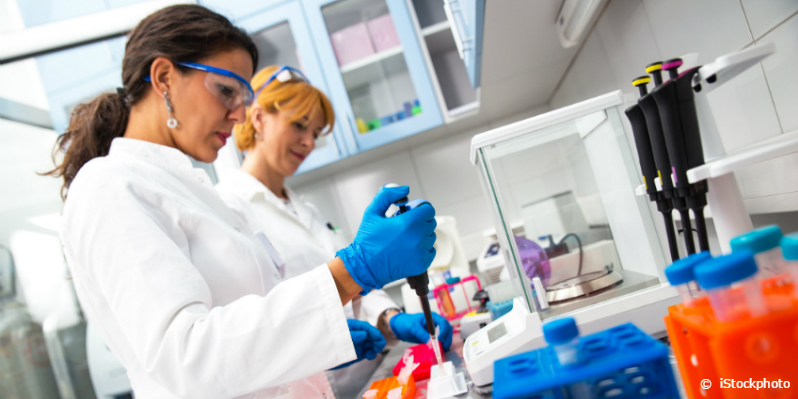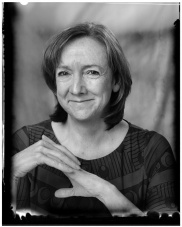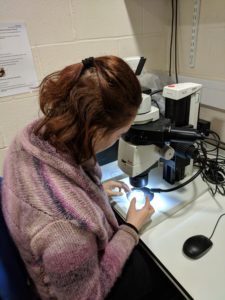7th March 2018 Berlin, Germany
Women in Science: fostering UK-German innovation

Today, 8 March, marks International Women’s Day and tomorrow, 9 March, marks the beginning of British Science week.
According to UNESCO, less than 30% of the world’s researchers are women. So today we’re pleased to introduce two female scientists who have agreed to share a little about their careers and experiences as women working at the top of their respective scientific fields. Sharon is a British scientist working in Germany, and Marleen is a German scientist working in the UK – a great example of the strength of our ties and the valuable exchange between our countries.
Prof. Sharon MacDonald, Professor of Social Anthropology, Humboldt Universität Berlin

Working as a scientist – in the broadest sense – has given me the opportunity to follow questions that I find fascinating and important, and to come into discussion with and learn from wonderfully interesting people. Here I include not just students and other academics but also others – such as museum curators or Hebridean sheep-farmers – whom I have met as part of my anthropological research. Yes – I get paid to do that!
Being an academic has pushed me to think. It has challenged me to write and speak out. And it has allowed me the extraordinarily uplifting privilege of sharing my ideas, and supporting and encouraging others in their careers.
Research links you with people across the world. I work now in Berlin after spending most of my career in the UK. In any day I am likely to be in contact with people in both countries via email at least – connected by our shared scientific interests. But it is not only these. My PhD students and post-docs have come from over a dozen countries. Conferences, international research projects and visiting posts create contacts with yet more places, opening up new perspectives. It means that you get to visit not just as a tourist but also to experience people’s working, and sometimes their home, lives too.
There is still much that could be improved for working parents in science, especially in some disciplines and countries. For me, relatively flexible hours, an academic partner, good colleagues and the fact that I often have my best ideas when hanging out washing, meant that it worked to bring up kids too. Although our working abroad sometimes brought disruption to their schooling, it also brought new experiences and horizons. As my eldest daughter is now a German Lecturer in Scotland, my son a doctor and researcher in England, and my youngest daughter has been teaching some screen-play-writing alongside her studies in the US, it can’t have seemed too bad either!
Marleen Klann, Postdoctoral Research Fellow, University of Sussex

As a girl I was fascinated by the natural world and the creatures within it so I choose a career in science and it never gets boring, especially in research! Anyone passionate about science will thrive and learn something new every day. I chose to do research in the UK because laboratories here are among the best in the world. Also, collaborations with partner labs in other countries are highly encouraged and often provide the opportunity to visit them.
Most of the natural world is still unknown to us, even within the few model organisms many questions remain unanswered. It is very satisfying to solve one of those mysteries – one usually spends quite some time and a variety of methods investigating it. However, every answer you find inevitably raises a handful of new questions.
So far, I have worked with a variety of arthropods (invertebrate animals) and on different topics including fresh water shrimp, aquatic invertebrates and a marine annelid (worms). Currently, my research focuses on understanding how small RNA molecules affect behaviour. So, I work with fruit fly larvae, Drosophila melanogaster, performing behavioural tests.
Find out more about the UK’s work to support collaboration between the UK and German research:

Hello there, You’ve done a fantastic job. I’ll definitely digg it and
personally suggest to my friends. I’m sure they’ll
be benefited from this website.